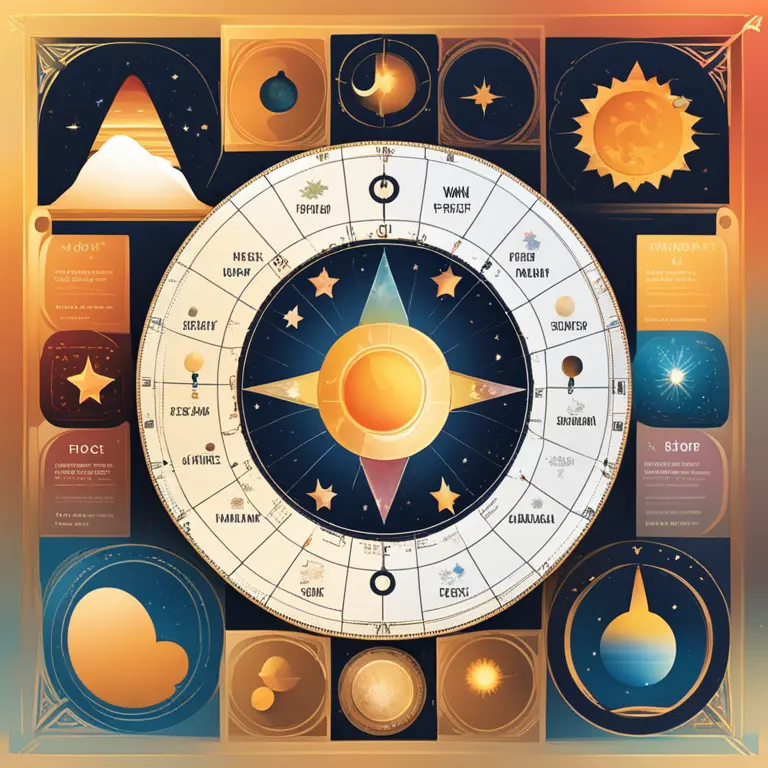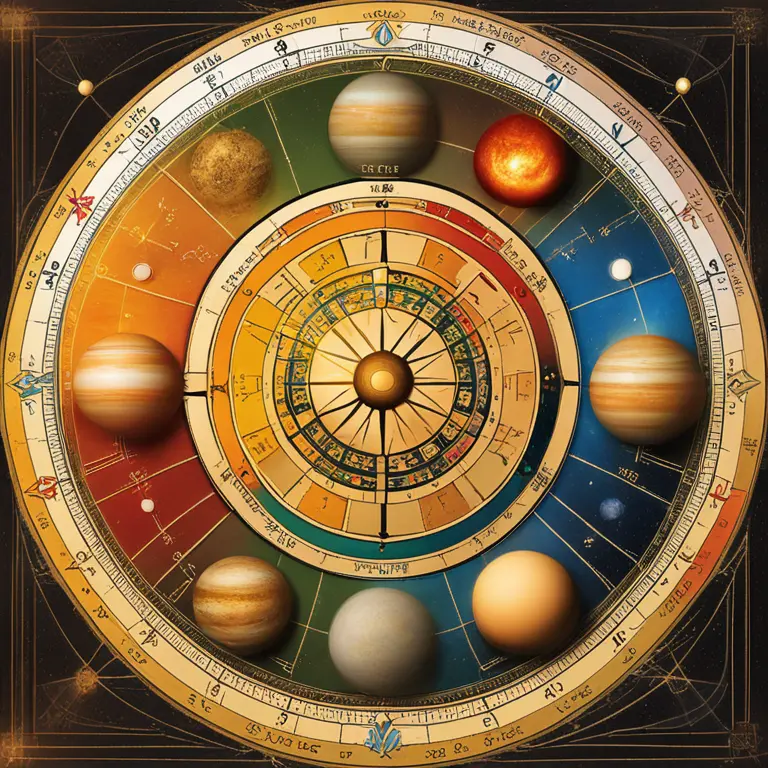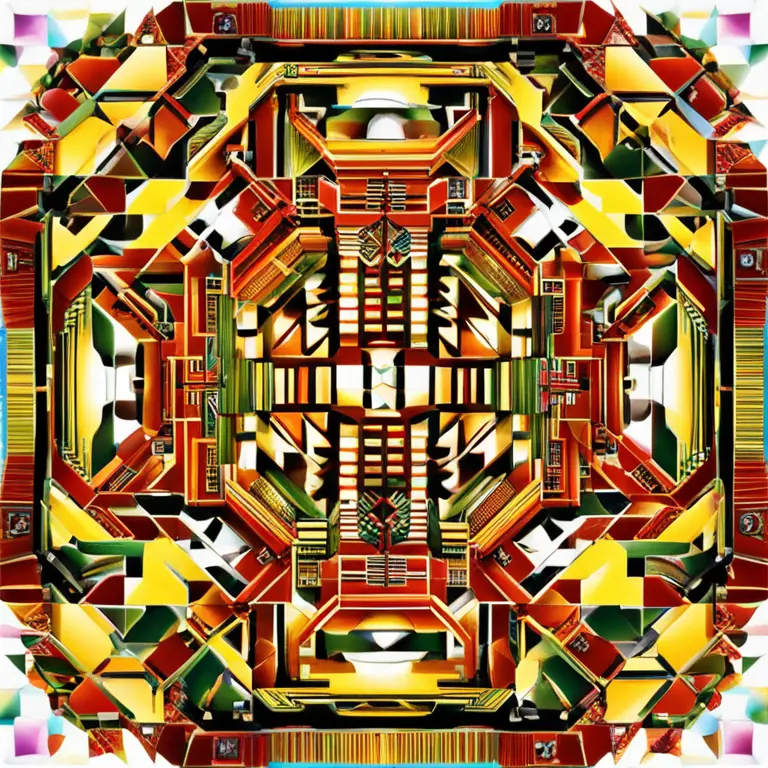
Can Your Birth Chart Reveal Future Events?
Discover how birth charts are used in astrology to make predictions about life events, personalities, and future possibilities.
article by Priya Deshmukh
Introduction to Birth Charts
While the question of whether birth charts can predict the future has fascinated humans for millennia, the practice of astrology has provided a unique perspective on the patterns and potentials of our lives. A birth chart, also known as a natal chart, is a snapshot of the cosmic layout at the moment of one's birth. Astrologers believe that the position of celestial bodies like the sun, moon, and planets can offer insights into a person's character traits, life challenges, and opportunities. But can it truly foretell what the future holds?

The Basis of Astrological Prediction
Astrological prediction rests on the premise that celestial movements have a correlation with events on Earth. The ancient principle of "as above, so below" suggests a mirroring effect between the cosmos and our worldly experiences. By analyzing the placement and aspects of planets in a birth chart, astrologers attempt to interpret the inclinations of events and personal tendencies. However, astrology operates in the realm of potentialities, not fixed outcomes.

Transits and Progressions
Key to understanding predictive astrology are the concepts of transits and secondary progressions. As planets continue their celestial dance over time, they form changing aspects to the natal chart's original planetary positions. Transits represent the current location of planets affecting the birth chart, while progressions symbolize the slow but significant shifts of personal growth and evolution, offering a more nuanced predictive lens.

Free Will and Astrology
It is crucial to acknowledge the interplay between fate and free will in astrological practice. While certain astrological configurations might suggest predetermined events, astrology's predictive capabilities are more about identifying cyclical patterns than etching a fixed destiny. Free will allows individuals to make choices, and one's consciousness can actively influence how they respond to the astrological trends that their birth chart suggests.
Accuracy of Astrological Predictions
The accuracy of astrological predictions can vary. Skilled astrologers often emphasize tendencies and potentials, helping individuals prepare for possible future scenarios without asserting certainty. The intricacy of a person's birth chart, with its multiple dimensions and potential manifesting at different times, makes the art of prediction complex and personalized rather than universally foolproof.
Modern Astrology and Evolving Practice
As we advance into 2024 and beyond, astrology continues to evolve with technology and psychological insights. Today's astrologers have access to more precise astrological data and computational tools that assist in charting and predictions. Additionally, the integration of psychological understanding enriches the interpretive depth of astrological consultations, framing the birth chart not just as a predictive tool, but as a map for personal development.
Embracing Astrology's Guidance
In conclusion, while a birth chart may not lay out a step-by-step blueprint of one's future, it can offer valuable guidance on future trends and personal proclivities. Embracing astrology as a reflective, not deterministic practice, allows individuals to use their birth charts as insightful compasses in navigating life's possibilities, while retaining their autonomy and the magic of the unknown.
Published: 1/22/2024
Modified: 1/22/2024
More predictions
Come back here soon to learn more about yourself and your future


Exploring Moon Phases & Couple Dynamics
Discover how moon phases can influence relationships and romantic connections, offering insight for stronger bonds between couples.


The Lunar Phases of the Moon Explained
Learn how the moon's phases affect us on Earth and influence astrological interpretations through their celestial dance.


Moon Phases & Astrological Affect
Discover how the moon's phases and location impact astrology, affecting personal moods, behaviors, and life events.